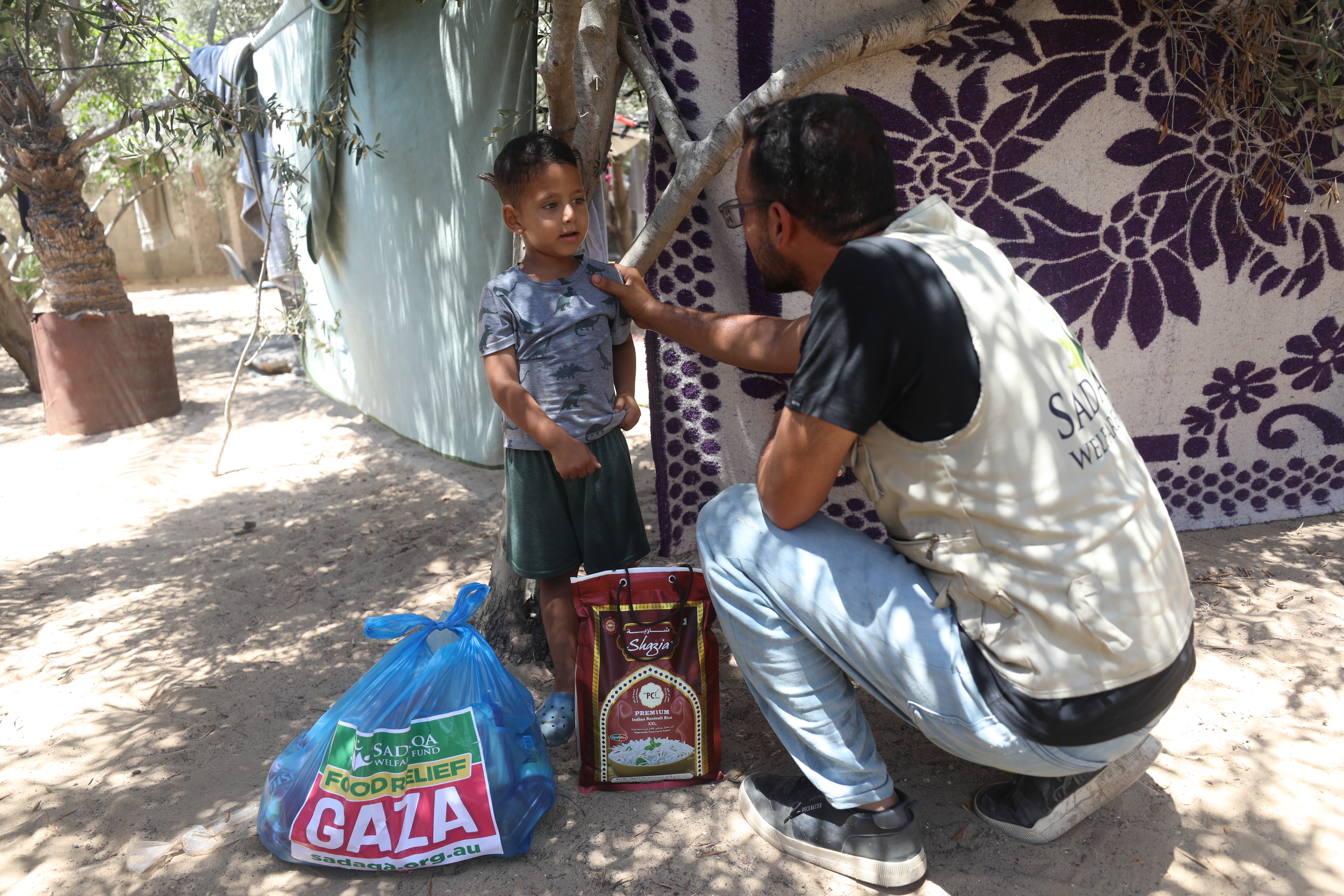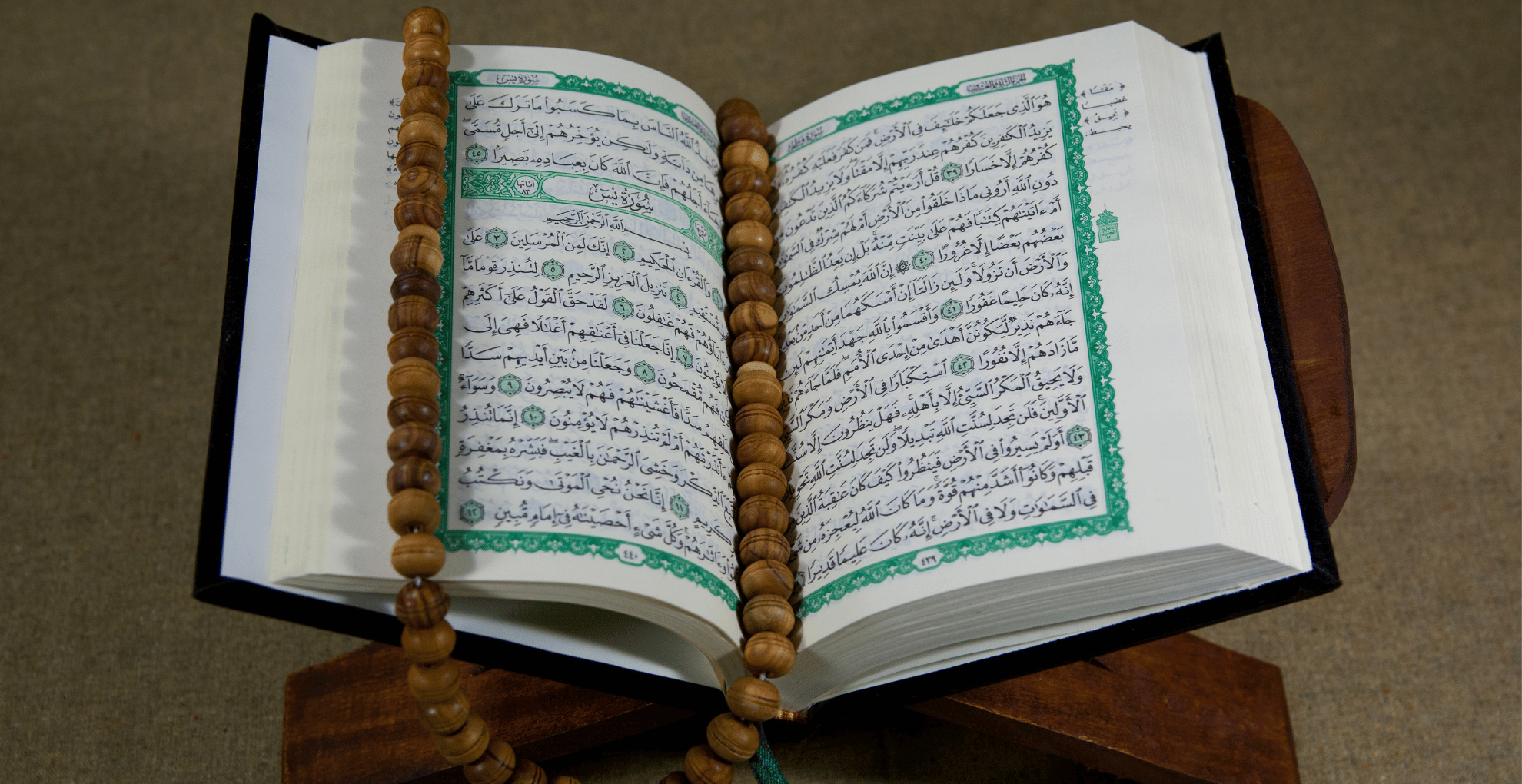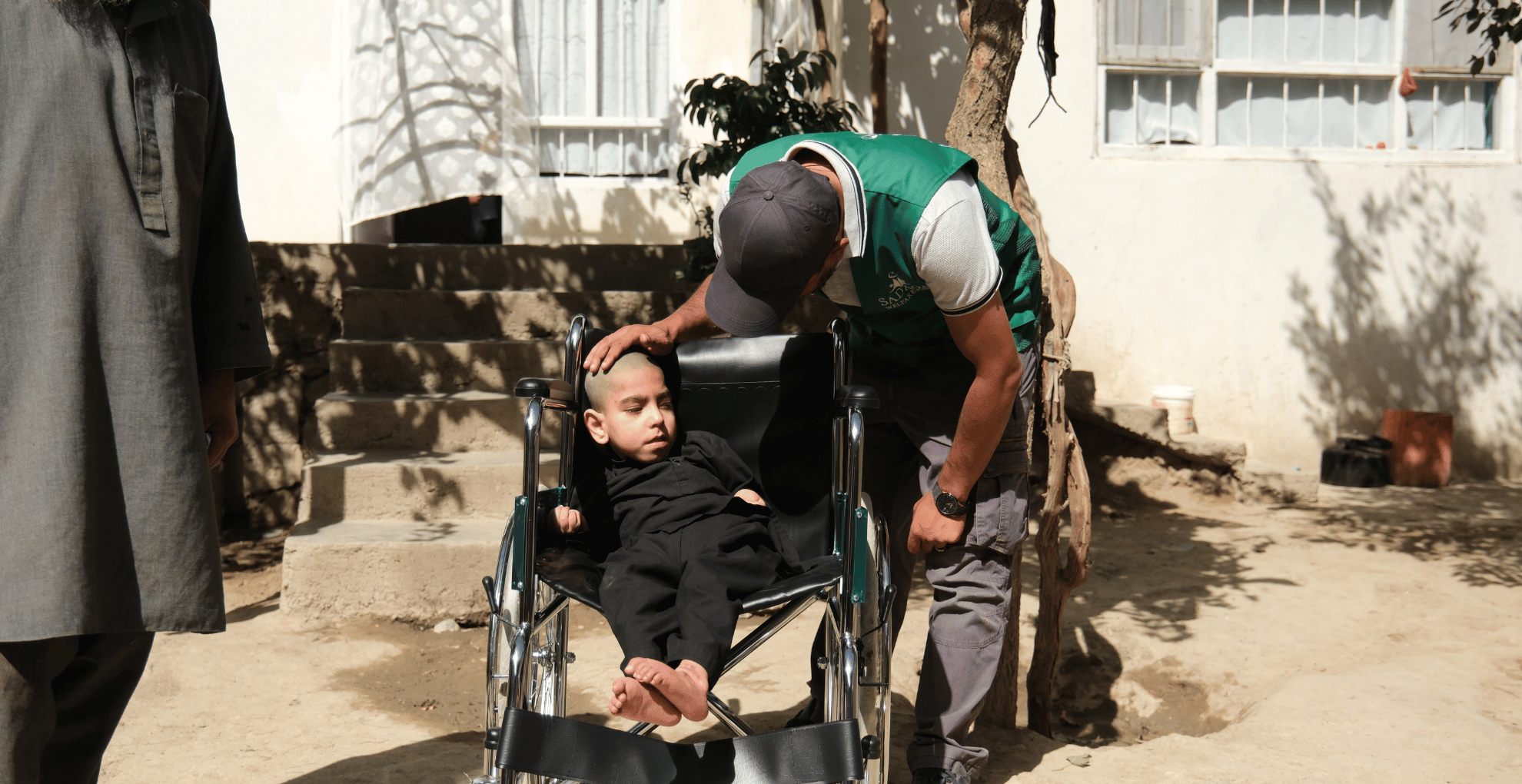10 Sunnah Practices for Ramadan

10 Sunnah Practices for Ramadan
Ramadan is not just about fasting—it’s an opportunity to embrace and revive the Sunnah (traditions of the Prophet Muhammad, peace be upon him). Incorporating these practices can help you maximise the spiritual rewards of the month.
1. Eating Suhoor (Pre-Dawn Meal)
The Prophet (peace be upon him) said, “Eat suhoor, for in suhoor there is blessing.” [Bukhari, Muslim]. Start your day with a light, nutritious meal to sustain your fast.
2. Breaking Fast with Dates and Water
Following the Sunnah, break your fast with dates and water, as the Prophet used to do.
3. Reciting Specific Dua When Breaking Fast
The Prophet (peace be upon him) would say:
"Allahumma inni laka sumtu, wa bika aamantu, wa ‘alayka tawakkaltu, wa ‘ala rizqika-aftartu"
(O Allah! I fasted for You, and I believe in You, and I put my trust in You, and with Your sustenance, I break my fast.)
4. Increasing Quran Recitation
Ramadan is the month of the Quran. Follow the example of the Prophet, who would recite the Quran abundantly during this month.
5. Giving Charity Generously
The Prophet (peace be upon him) was known to be the most generous during Ramadan. Small or big, every act of charity counts.
6. Praying Taraweeh
Pray the night prayer (Taraweeh) in congregation or at home to draw closer to Allah.
7. Practicing Gratitude and Patience
The Prophet exemplified patience and gratitude, two qualities highly emphasized during Ramadan.
8. Making Dua Frequently
Take advantage of the times when dua is most accepted, such as before breaking the fast and during the last third of the night.
9. Observing Itikaf (Spiritual Retreat)
In the last ten days, the Prophet would seclude himself in the masjid for increased worship.
10. Seeking Laylat al-Qadr
The Night of Decree is better than a thousand months. Follow the Sunnah by dedicating extra worship and seeking forgiveness during the last ten nights.





